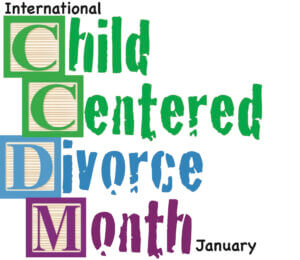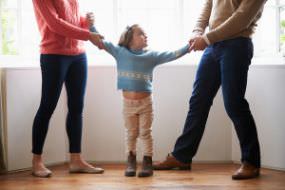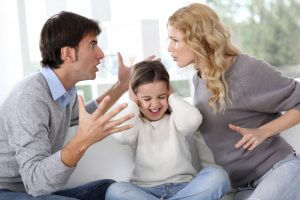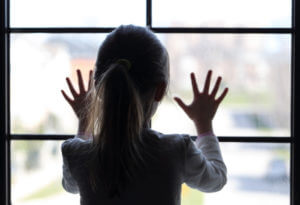Rosalind Sedacca, CDC Joins Global Divor...
In recognition of International Child-Centered Divorce Month in January, divorce experts around the world are joining together with a goal. They provide complimentary educational resources for parents. Included are e-books, e-courses, coaching services, video programs and other valuable material. Parents who are contemplating divorce, divorcing or transitioning after divorce can access this information for free at a special website available only in January ... https://www.divorcedparentsupport.com January is the time for new beginnings. There's a dramatic spike in divorce filings because parents facing divorce frequently wait until after the holidays to tell their children. There are also tax considerations that motivate many to initiate a divorce at this time. Safeguarding Children From Regrettable Divorce Decisions International Child-Centered Divorce Month is focused on educating parents about how divorce can affect innocent children. The participating divorce attorneys, mediators, coaches, therapists and parenting experts are there to help. They guide parents in making wiser,














